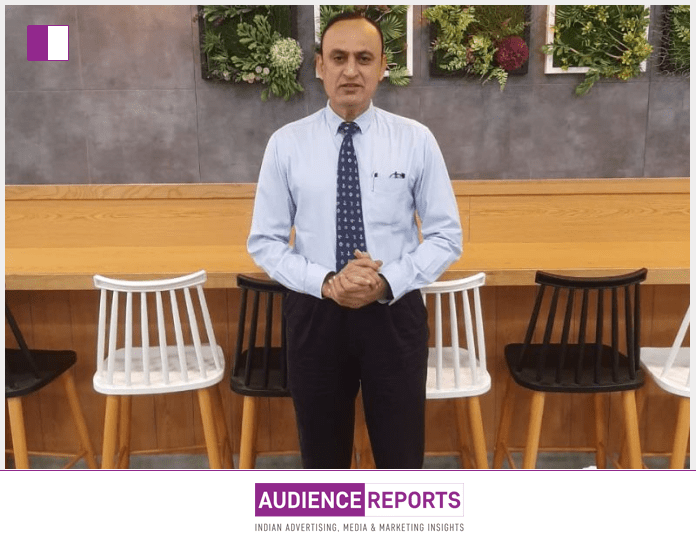Prof. SS Prasada Rao, as the Dean of the Centre for Teaching and Learning, brings a profound understanding of the delicate balance between personal and professional spheres in leadership. His insights on the subject, as shared in his recent LinkedIn post, resonate deeply in today’s complex and interconnected world. Prof. SS Prasada Rao highlights a crucial lesson for leaders across industries: personal matters can have significant public consequences, especially for those in leadership positions.
Prof. SS Prasada Rao emphasizes that the boundary between personal and professional lives is often blurred, particularly for leaders whose actions are scrutinized by the public and stakeholders alike. In his post, Prof. SS Prasada Rao discusses how personal affairs, when not managed with integrity, can spill over into the public domain, leading to severe consequences for both the individual and the organization they represent. This perspective is especially relevant in the Indian context, where societal expectations of moral conduct are high, and any lapse in ethical behavior can have far-reaching effects.
Prof. SS Prasada Rao’s observations remind us that leaders must uphold a high level of personal integrity. The conduct of leaders, as Prof. SS Prasada Rao points out, significantly influences not only their careers but also the reputation of the entire organization. When leaders fail to maintain ethical standards in their personal lives, the repercussions can include loss of public trust, reputational damage, and even financial or legal challenges. These consequences extend beyond the individual, impacting the organization’s stakeholders, employees, and the broader community.
In discussing these issues, Prof. SS Prasada Rao draws attention to the importance of crisis management within organizations. He notes that when a leader’s personal controversy arises, it can quickly escalate into a public relations disaster if not managed with transparency and accountability. Prof. SS Prasada Rao’s insights underscore the need for organizations to have robust crisis management strategies in place to address such situations effectively. These strategies must be built on principles of transparency, honesty, and swift action to mitigate damage and restore trust.
Furthermore, Prof. SS Prasada Rao highlights the cultural sensitivity required of leaders in diverse social contexts. He stresses that personal actions can be interpreted differently across various cultural and social settings, making it vital for leaders to be aware of the potential implications of their behavior. This awareness, as Prof. SS Prasada Rao notes, is essential for balancing personal and professional responsibilities without compromising the effectiveness of leadership or the achievement of organizational goals.
Prof. SS Prasada Rao’s reflections are particularly pertinent when considering high-profile cases of personal misconduct or mismanagement that have led to severe professional consequences. He cites examples such as Ramalinga Raju, Vijay Mallya, Rajat Gupta, Nirav Modi, Tarun Tejpal, and Phaneesh Murthy, illustrating how personal ethical lapses can result in legal action, loss of trust, and the collapse of careers and organizations. These cases serve as stark reminders of the critical importance of maintaining ethical standards, transparency, and accountability in both private and public communications.
The lessons Prof. SS Prasada Rao shares are invaluable for leaders who aspire to long-term success and sustained trust. By maintaining a consistent standard of ethics and integrity across both personal and professional domains, leaders can safeguard their reputation and ensure the longevity of their careers and organizations. Prof. SS Prasada Rao’s insights also underscore the role of ethical leadership in fostering a culture of trust and responsibility within organizations.
Prof. SS Prasada Rao’s perspectives on the interplay between personal integrity and professional leadership provide essential guidance for today’s leaders. His reflections highlight the necessity for leaders to be mindful of their personal conduct and its potential impact on their professional roles. By adhering to ethical principles and being transparent in their actions, leaders can navigate the challenges of leadership with integrity, thereby securing the trust and respect of their stakeholders. Prof. SS Prasada Rao’s insights serve as a powerful reminder of the critical importance of ethical leadership in today’s interconnected world.





































